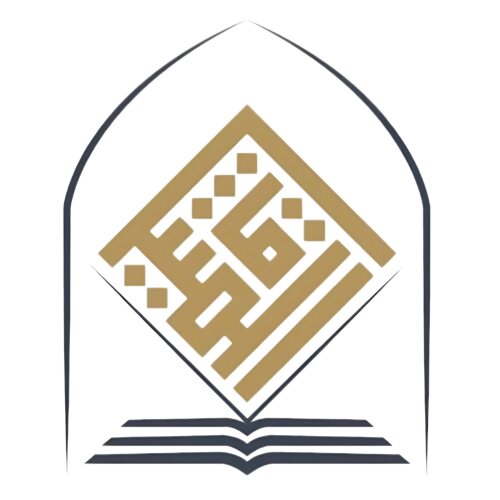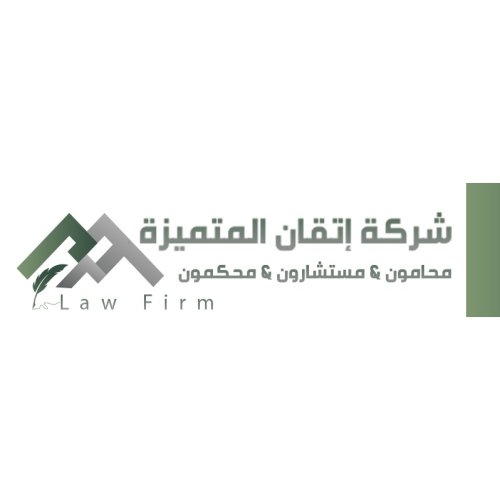Best Civil & Human Rights Lawyers in Jeddah
Share your needs with us, get contacted by law firms.
Free. Takes 2 min.
List of the best lawyers in Jeddah, Saudi Arabia
About Civil & Human Rights Law in Jeddah, Saudi Arabia
Civil and human rights in Jeddah, Saudi Arabia is governed by a blend of Islamic law (Shari'a) and statutory law. Traditionally, the kingdom has had a reputation for a strict interpretation of Shari'a, affecting aspects such as freedom of expression, gender equity, and religious freedom. However, in recent years, Saudi Arabia has embarked on the path of reform, with significant emphasis on protecting and extending civil and human rights.
Why You May Need a Lawyer
People typically need lawyers when they believe their civil rights, such as freedom of expression, religion, or assembly, have been violated. Lawyers are also needed for cases related to employment discrimination, punishment without due process, or unfair or inhumane treatment. In an international context, individuals who need to challenge deportations or detentions, usually require legal assistance. It's also crucial when advocating for policy changes or legislative reforms related to civil and human rights.
Local Laws Overview
Major statutes relevant to civil and human rights in Saudi Arabia include the Basic Law of Saudi Arabia, which serves as the country's constitution, and comprises broad provisions concerning rights and responsibilities. However, its principles are subject to interpretation according to Islamic law. Saudi Arabia has also taken initiatives to eradicate discrimination against women and improve their rights by introducing reforms like allowing women the right to drive and easing their ability to travel, work and participate in public life. 2018 saw significant changes with a slew of new laws aimed at protecting human rights, including regulations against sexual harassment. Saudi Arabia's evolution toward enhanced human and civil rights is an ongoing process with regulatory updates happening frequently, so legal advice is often necessary to navigate the current landscape.
Frequently Asked Questions
What are the key rights protected in Saudi Arabia?
While still subject to many restrictions, rights related to freedom of expression, assembly, religion, and gender equality are protected to varying degrees in Saudi Arabia. The right to a fair trial and due process are also acknowledged to an extent. Rights are subject to interpretation according to Islamic law.
Are women's rights respected in Saudi Arabia?
Gender equality has been a contentious issue in Saudi Arabia. Recent years have seen significant strides with women now allowed to vote, drive, and attend public events. However, the country's guardianship system can still place many restrictions on women. The gender norms are currently evolving in the country, but women's rights still significantly deviate from global standards.
Is freedom of expression protected in Saudi Arabia?
Saudi Arabia's rules for freedom of expression are strict, and the country regularly censors or restricts print, electronic, and social media. Criticizing the government, religious matters or traditional norms often result in severe punishment. Nonetheless, the ongoing reforms are expected to improve the freedom of expression in future.
Are the rights of foreign workers protected in Saudi Arabia?
Foreign workers contribute to a large portion of the Saudi workforce, and although improvements have been made to their rights, they’re still prone to abusive labor practices and unfair treatment. The abolition of the kafala sponsorship system in March 2021, however, has significantly improved foreign workers' rights.
Is there capital punishment in Saudi Arabia?
Saudi Arabia is one of the countries that continue to practice capital punishment, mainly for egregious crimes. However, it has notably reduced the number of executions in recent years.
Additional Resources
The Human Rights Commission (HRC) of Saudi Arabia is the primary governmental body which oversees human rights issues. Additionally, other organizations such as the National Society for Human Rights (NSHR) can be engaged. There are also international bodies actively working in Saudi Arabia, like Amnesty International and Human Rights Watch, which can provide useful information and assistance.
Next Steps
If you believe your civil or human rights have been violated in Jeddah, Saudi Arabia and require legal help, start by seeking advice from a reputable lawyer who specializes in this field. As laws often change, having a legal expert to assist you can prove invaluable. They can guide you in understanding the intricacies of your case, evaluating your options, and formulating a plan of action.
Lawzana helps you find the best lawyers and law firms in Jeddah through a curated and pre-screened list of qualified legal professionals. Our platform offers rankings and detailed profiles of attorneys and law firms, allowing you to compare based on practice areas, including Civil & Human Rights, experience, and client feedback.
Each profile includes a description of the firm's areas of practice, client reviews, team members and partners, year of establishment, spoken languages, office locations, contact information, social media presence, and any published articles or resources. Most firms on our platform speak English and are experienced in both local and international legal matters.
Get a quote from top-rated law firms in Jeddah, Saudi Arabia — quickly, securely, and without unnecessary hassle.
Disclaimer:
The information provided on this page is for general informational purposes only and does not constitute legal advice. While we strive to ensure the accuracy and relevance of the content, legal information may change over time, and interpretations of the law can vary. You should always consult with a qualified legal professional for advice specific to your situation.
We disclaim all liability for actions taken or not taken based on the content of this page. If you believe any information is incorrect or outdated, please contact us, and we will review and update it where appropriate.
Browse civil & human rights law firms by service in Jeddah, Saudi Arabia
Jeddah, Saudi Arabia Attorneys in related practice areas.













